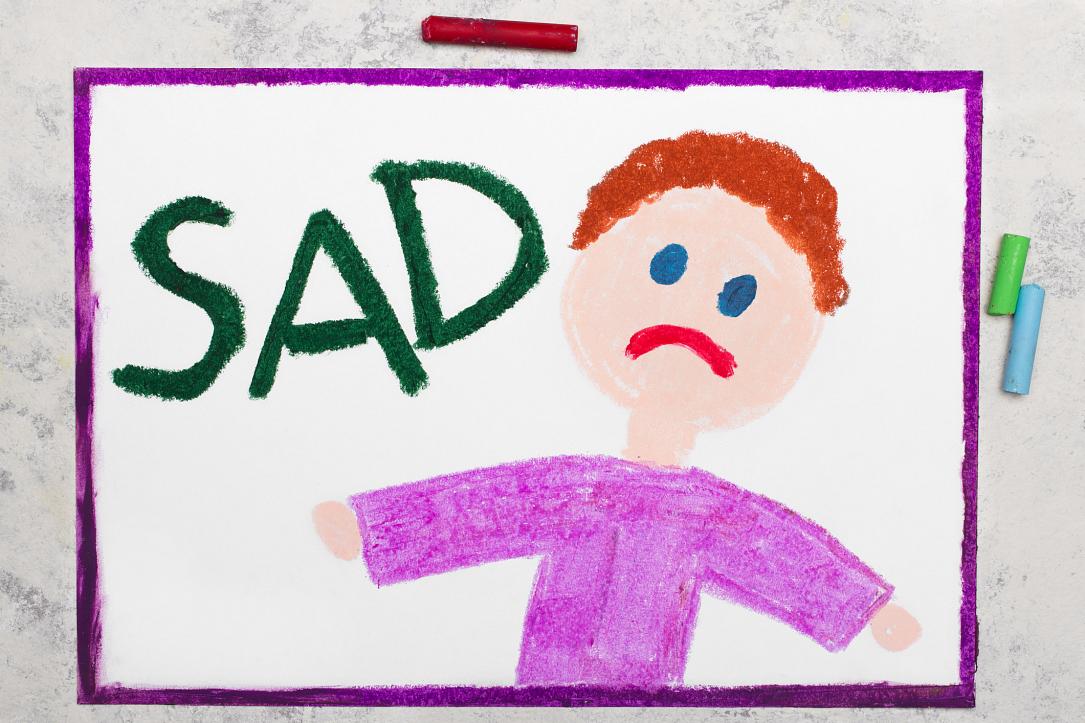Bullying, still a widespread issue in Romanian schools

Over four in five (82%) Romanian students have witnessed bullying at school according to a recent survey by Save the Children Romania, and many of them struggle with their mental health.
The data centralized in June by Save the Children Romania from their online interviews with children (June 2022) shows that physical threats, humiliation, the spreading of denigrating rumors, and exclusion from groups are all situations that children frequently face in Romanian schools.
Save the Children Romania first drew attention to the spread of bullying in 2016, when they launched the first national study on bullying in Romanian schools, which showed that:
- 73% of students had witnessed bullying in the school environment;
- 3 out of 10 children were consistently excluded from their peer group;
- 3 out of 10 children were threatened with beating or hitting by peers;
- 1 in 4 children had been humiliated in front of peers.
Following these contextual analyses, Save the Children Romania developed a series of focused interventions aimed at reducing the bullying phenomenon and contributed to the adoption of methodological norms for the implementation of the Law against psychological violence & bullying.
Unfortunately, six years later, bullying is still rampant, with 82% of pupils witnessing bullying situations in their school, 73% in their own class, and 45% within their group of friends.
"The psycho-emotional impact is all the stronger as children have emerged from the two years of the pandemic in a vulnerable state: one child in three has experienced anxiety and has needed counseling and psycho-emotional support, while more than 50% of teenagers experienced anxiety and depression, leading to, in some cases, extremely serious consequences, such as suicide attempts," says the source.
During the past school year, the Save the Children's counseling centers helped children and adolescents with various emotional disorders, the majority of which developed in the current difficult psychosocial context.
The organization made the following observations during this time:
- The most common diagnoses in preschoolers were generalized anxiety and school-related anxiety, with difficulties readjusting to school and social groups being named in particular.
- Decreased concentration in online classes and decreased social interactions led to a decrease in social skills and increased episodes of anger and irritability.
- The inability to do outdoor activities and go outside the home intensified anxiety-induced behaviors.
Gabriela Alexandrescu, Executive President of Save the Children Romania, draws attention to the importance of public policies targeting children's emotional health: "Recent years have weakened the psycho-emotional health of children, and children experience strong emotions, which they do not know how to manage, and then manifestations such as anxiety, depression, anger, and bullying appear at school. It's important to recognize the signs, talk to children and develop activities that teach them how to co-exist, to play, and to build positive social relationships."
(Photo source: Czarnybez | Dreamstime.com)













